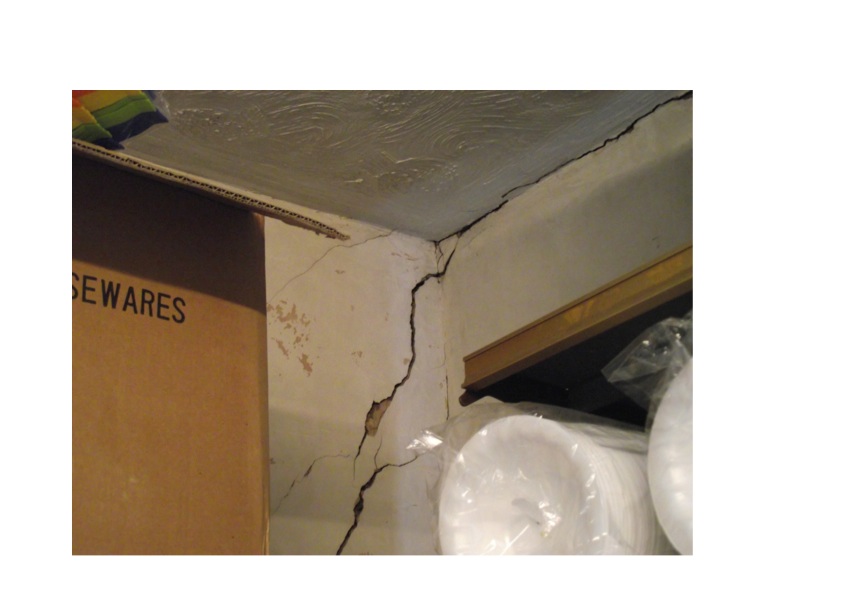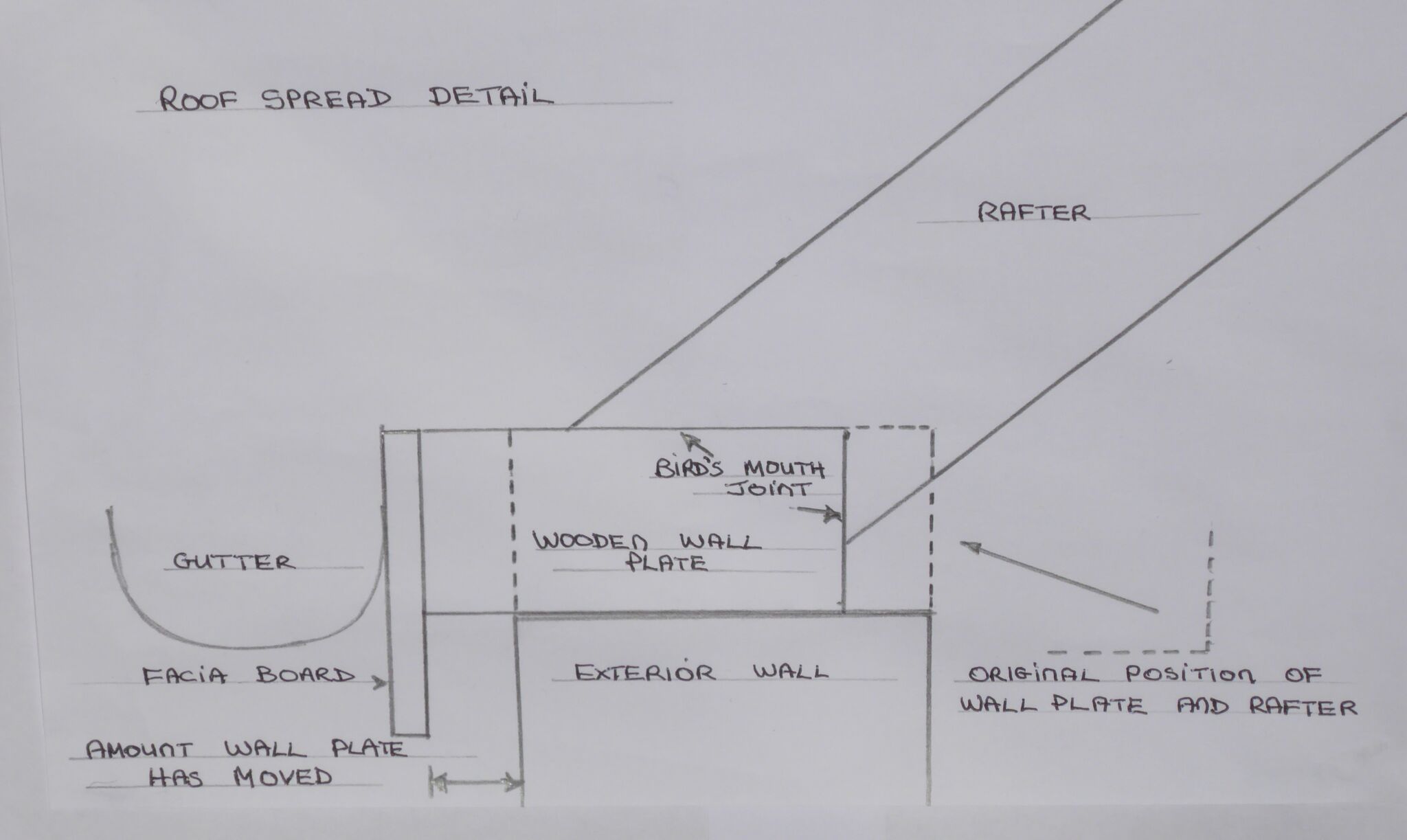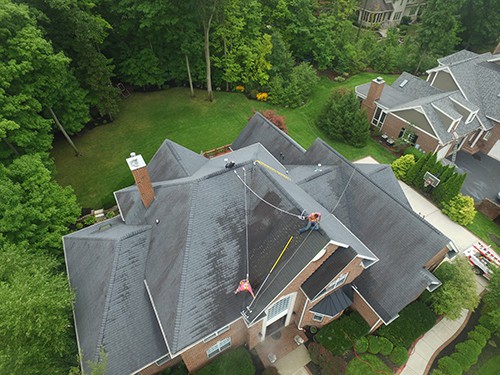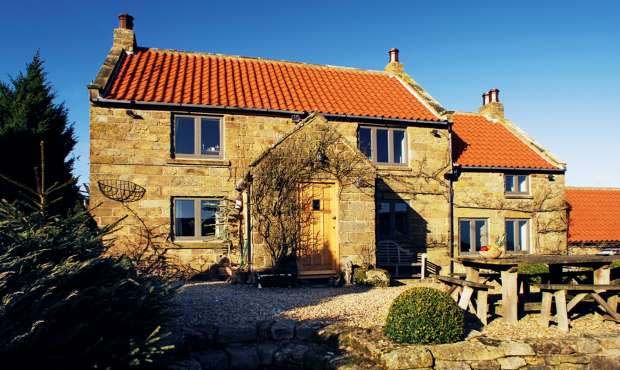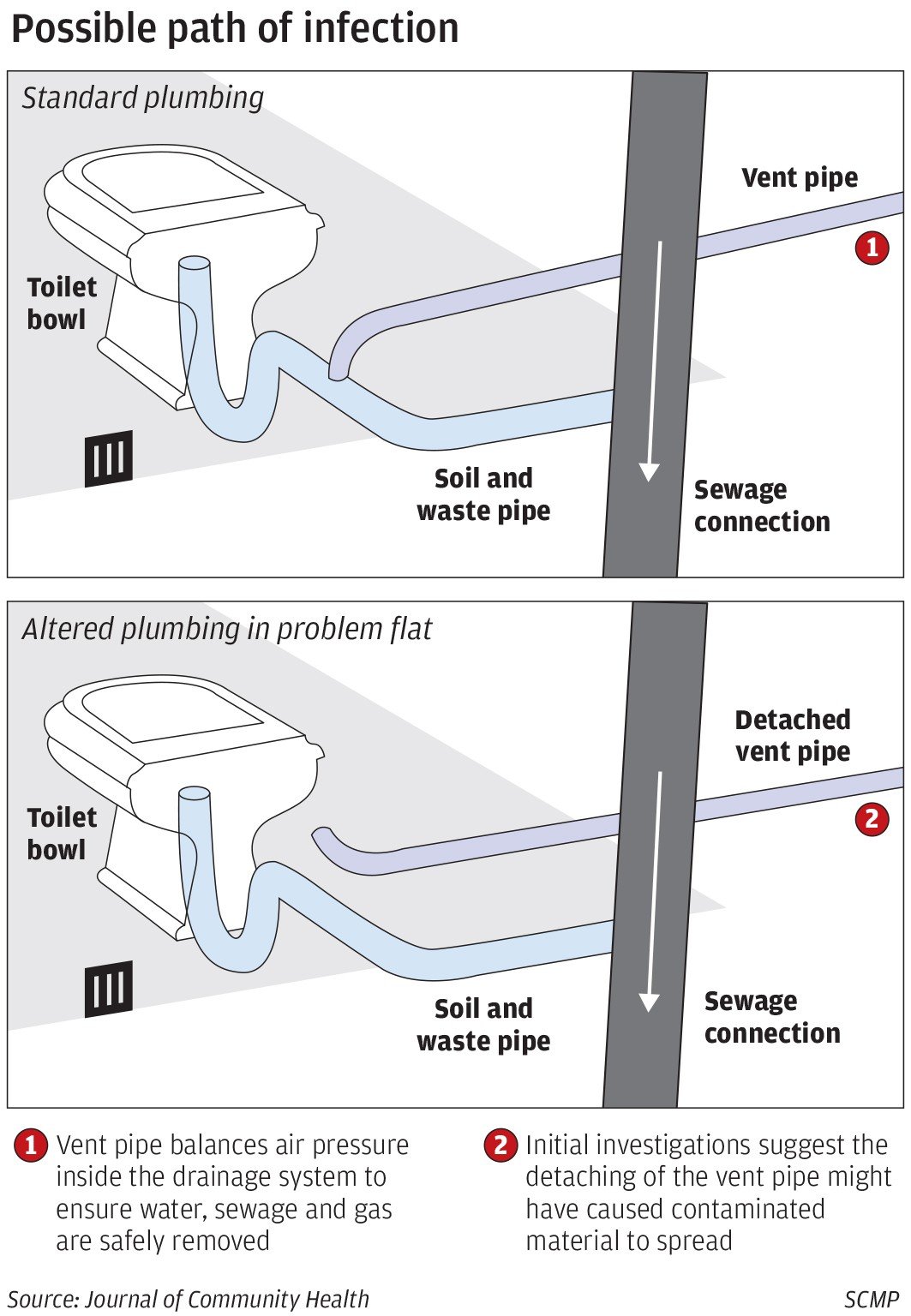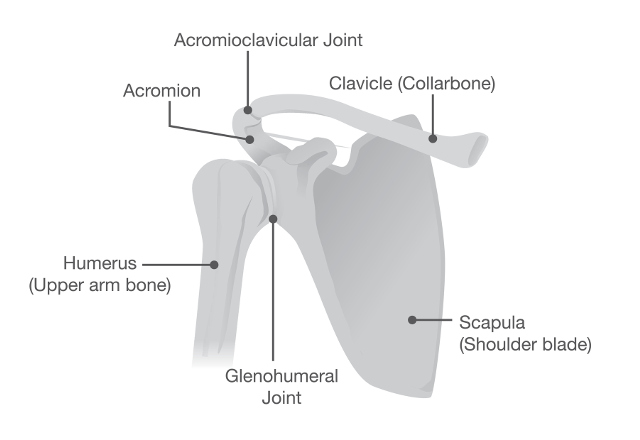Many roofs of historic buildings have spread at some stage and can often be left alone and monitored with no remedial work required unless progressive movement is observed.
Spreading roof problems.
Buildings magazine examined which problems are most common and the conditions that can either cause or be the result of premature failure and reduced service life of low slope roof systems.
Since the rafters are fixed to timber wall plates sitting on the head of the masonry wall then roof spread pushed out those wall plates in the process pushing out the masonry below.
Roof spread can be dangerous for a house and very damaging for a roof.
This is the easiest problem to repair.
A problem with the roof can often indicate problems with the whole building.
Obvious or unforeseen roof problems are always a pain and undoubtedly a significant expense.
Of all structural problems that can affect a house roof spread is one of the most visible particularly with traditional style buildings.
Roof spread affects a roof that begins to move after it is installed.
Knowledge of how roof spread is resisted can also allow you.
In our experience of carrying out structural surveys if there are problems with the roof in the form of movement or letting dampness in then there tends to be problems with the whole building as the roof affects the rest of the building.
Free phone 0800 298 5424.
The problem of resisting roof spread is a real one and it is always worth checking how roof spread is resisted when carrying out repairs or modifications to a timber framed structure.
Roof spread occurs when there is a failure to adequately support the main rafters of the roof so as to prevent them spreading further open in a scissor type action.
Factors that cause the situation include bad construction improper materials and water and rot problems.
This will ensure that any repairs or modifications undertaken will not harm the existing structure.
This is not a self diagnostic guide but rather an informative list of some of the problems most often battled.


